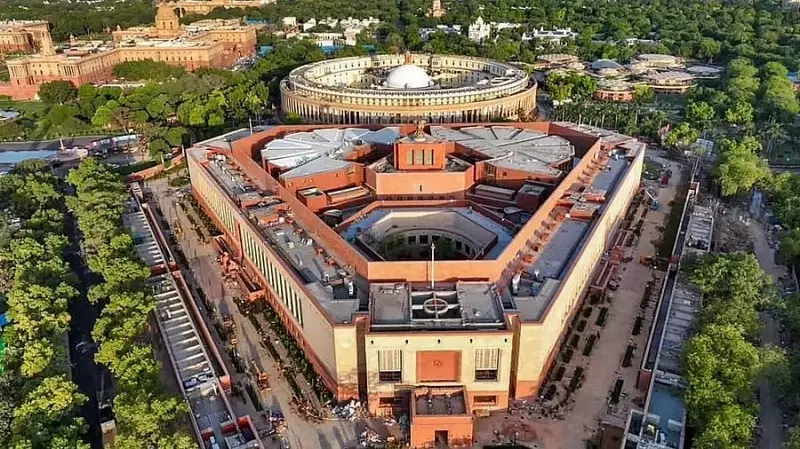
The long-awaited women's reservation legislation in India has hit a significant roadblock, with implementation now facing an indefinite delay. Despite the bill's passage, a combination of political hesitation and procedural uncertainties has brought progress to a standstill.
The Political Stalemate
The primary obstacle preventing the women's reservation from becoming reality is the apparent lack of political will across party lines. While most political organizations publicly support the concept of gender equality in legislative representation, behind-the-scenes maneuvering suggests many are reluctant to see it implemented. The legislation requires consensus on several procedural matters that political parties seem unwilling to address with urgency.
Multiple sources indicate that the issue has been effectively placed on pause, with no active discussions happening between political stakeholders. This silence speaks volumes about the priority given to women's political representation within the current political landscape.
The Delimitation Dilemma
Compounding the political hesitation is the uncertain timeline for the delimitation process. Delimitation, which involves redrawing constituency boundaries based on population data, is a prerequisite for implementing the women's reservation policy. However, the schedule for this crucial exercise remains unclear, creating additional barriers to moving forward.
The last delimitation exercise was completed in 2008, and the next was expected to occur after 2026. However, with the women's reservation bill tied to this process, the delay in finalizing delimitation timelines effectively postpones gender quota implementation indefinitely.
Consequences for Gender Representation
The continued postponement of women's reservation has significant implications for India's democratic representation. Currently, women constitute only about 14% of Lok Sabha members, far below the 33% reservation proposed in the legislation. This delay means that achieving gender parity in Indian politics remains a distant goal.
Women's rights organizations and gender equality advocates have expressed growing frustration with the political establishment. Many argue that the repeated delays demonstrate that women's political empowerment is not a genuine priority for the current political leadership, regardless of their public statements supporting the principle.
The situation highlights the gap between legislative achievement and practical implementation in Indian politics. Until political parties demonstrate genuine commitment and resolve the delimitation question, the promise of increased women's representation will remain unfulfilled.





